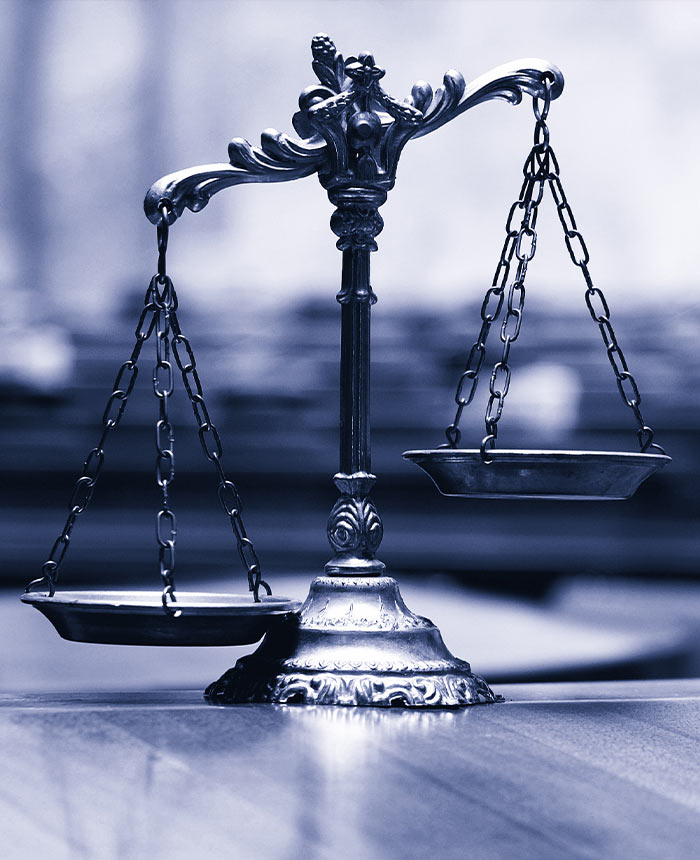An expert who is not independent?
FGT Custodians Pty Ltd (formerly Feingold Partners Pty Ltd) v Fagenblat [2003] VSCA 33 1
An expert who is not independent?
In this blog we look at another interesting case on the independence, duties and roles of expert witnesses, which provides some surprising results.
Background
This case involved a dispute between two partners in a law firm. A valuation calculation of the goodwill in the partnership was required as part of the dispute. Quantum was circa $375k, although this was disputed.

Valuation evidence was provided by various accounting expert witnesses. One was conducted by a Mr B, a chartered accountant and valuer. This provided a valuation favourable to the respondent, Mr F.
However, Mr B was a partner of the firm which acted as the partnership’s accountants.
Mr B’s evidence was challenged on two grounds, the first of which was that Mr B was the brother-in-law of the respondent, and the respondent’s sister stood to gain, as conceded, by having certain debts paid by her husband if he won the action. This challenge was made on the grounds of perceived bias.
On this point it was submitted that Mr B lacked the independence to be an expert witness. Actual bias was not alleged, rather there was a risk that Mr B might, albeit unconsciously, have favoured his brother-in-law’s position.
Findings
Somewhat surprisingly, the challenge on the grounds of perceived bias was not upheld.
It was found that it was impractical that “independent” witnesses be called in all circumstances and it was common in some cases to have witnesses with a potential interest give evidence.
The court was unwilling to make a blanket ban on people with interest in proceedings from providing evidence (including expert evidence). Mr B had no legal interest in this suit, and it was noted that other evidence can be given by people with interests in the outcome of the proceedings.
The court did, however, accept that it may be a question of weight of evidence and noted the risks for a party to call a witness with such a close connection.
Crucial in this consideration was the fact that it was a relatively low value claim, albeit one which was acrimonious and in which “the amount in dispute is far exceeded by the heat generated by it”.2
One could not expect a “Rolls Royce” approach to minor disputes in lower courts and tribunals. “Common sense requires a practical approach to the question of interest in the outcome of the dispute as and when the issue arises.” 3
Separately, a challenge on the basis of the technical and methodological errors in the valuation (and particularly the assumptions) was upheld.
Comment
Of the face of it this may seem a surprising result. However, it seems that the facts of this matter played an important part, particularly because quantum in dispute was relatively modest.
However, it does show the courts’ pragmatic approach to evidence, and proceedings generally. The court was anxious not to ascribe a “one size fits all” approach to evidence and allow a degree of practicality and commerciality to matters in dispute.
From the facts it appears that Mr B’s pre-existing position as partner of the accounting firm for the partnership being disputed meant his evidence was appropriate, and there was a degree of convenience to having him provide expert evidence in this matter.
However, there is a significant risk to have an expert witness with connection to parties/proceedings – either personal, or even potentially a pre-existing professional relationship. This may be acceptable in low value proceedings or if there is a commercial or practical reason for it, but where possible, this should be avoided.
It is also a reminder for experts to maintain a technically and fundamentally sound methodology, and highlights the frailty of an expert opinion based on assumptions which are not accepted by the court.
To see how we can potentially assist in the training of expert witnesses, including training on expert witness duties, please contact us.
1 FGT Custodians Pty Ltd (formerly Feingold Partners Pty Ltd) v Fagenblat [2003] VSCA 33 (15 April 2003)
2 At para 1.
3 At para 20.
